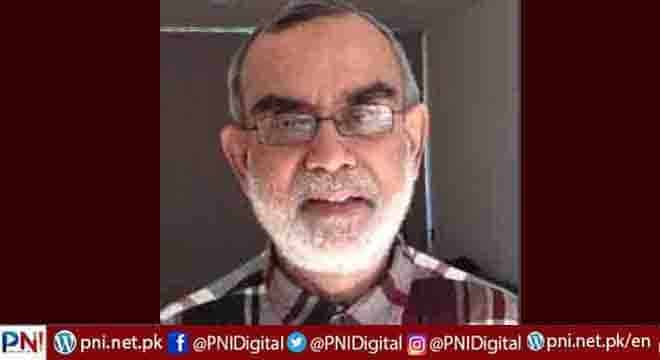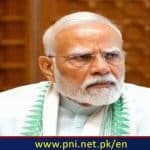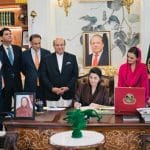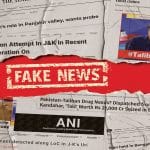A highly charged political debate in Pakistan depicts only one thing, we have a strong faith in the argument of power not in the power of the argument. The voice of reason has almost drowned in the cries of self-righteousness in the public square. While I can see this political behavior as writing on the wall, I am tempted to make a proposal that I think can address the concerns of all the parties on the ‘battlefield’. It is important to make this argument because no government in Pakistan, military or civilian, has ever been able to make unpopular decisions for popular benefit. The current government faces the same dilemma. We are suffering from a low level of trust in our society, and we have not found a way to take national policy decisions based on transparency and consensus. Our democratic politics is undermined by the power of an undemocratic culture, but I think that a way out is possible. Consider.
In the 1980s commercialization of politics entered Pakistan. Politics was no more considered a noble calling and converted into a business like any other business. Any person contesting the election has to pay for purchasing the party ticket, incur Dera Dari expenses in the form of running a guest house to meet visitors, expedite resolution of the voter’s problems with police and courts, and attend wedding parties and funerals, and election campaign expenses. Politicians also have to keep an army of hangers-on to carry out daily ‘business’. They expect to recover their investment in politics with interest after getting elected. They are compensated through the allocation of local development funds, contracts, honorariums for their services, and ‘gifts’ from the business people whose files they push through the system. They also manage to get cuts in the procurement process for local development projects. Since we have a low tax-GDP ratio most of our ‘development’ projects are funded through foreign loans. As these projects underperform due to theft of resources, we can neither pay back the original loan nor even the full interest on them. So we have an insatiable appetite for foreign loans. Elected representatives also sell their votes to every bidder for power to ‘run their kitchen’ or ‘save for the rainy day.’ This has led to a high level of our national debt.
Every year at the time of budget our elected representatives and technical experts get panic attacks because they cannot balance the book. Our entire planning exercise has been reduced to bookkeeping. Our so-called experts playing musical chairs in the ministry of finance and are supposed to offer only one service, finding the tricks to balance the national accounts. They either don’t have the courage or the competence to find a way to bust the business model of corruption. It is possible to do that now because the only way to get out of our financial crisis is to take bold unpopular political decisions and that cannot be done without the cooperation of all the political parties and major interest groups in Pakistan. If we want to end corruption we have to stop borrowing and start raising the level of taxes for the rich and powerful according to their level of income. We also need to stop providing subsidies to sick industries and go for direct foreign investment in special economic zones (SEZ) and open trade with our neighbors. This is now possible because Pakistan has moved out of the FATF grey list. To stop leakages of resources and approval of nonperforming projects we need to legislate devolution of fiscal authority to the local government.
Smooth legislation to reverse the course of corruption, heavy borrowing, and regressive taxation is possible with the cooperation of all the political parties and interest groups. Various factions of our elite have been fighting over getting a bigger share of handouts from the state rather than ending the handouts and establishing merit-based decision-making. I see only one option to deal with this problem. The present government should hold a referendum on timebound legislation on the following economic policy options: i) promoting foreign direct investment and stopping borrowing ii) progressive taxation to mobilize domestic resources iii) devolution of fiscal authority for local projects to local government and iv) make it binding on the newly elected parliament to pass legislation on these matters within six months after elections or automatically stand dissolved.
Follow the PNI Facebook page for the latest news and updates.









